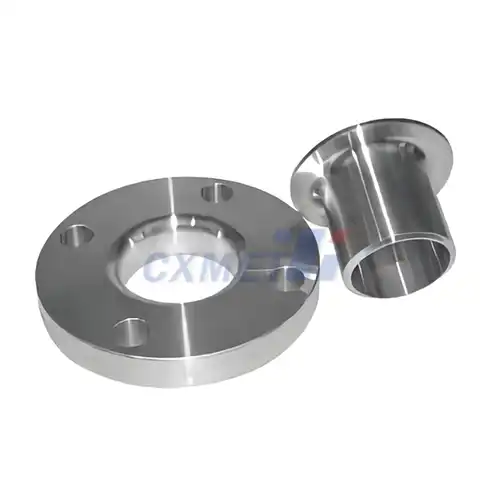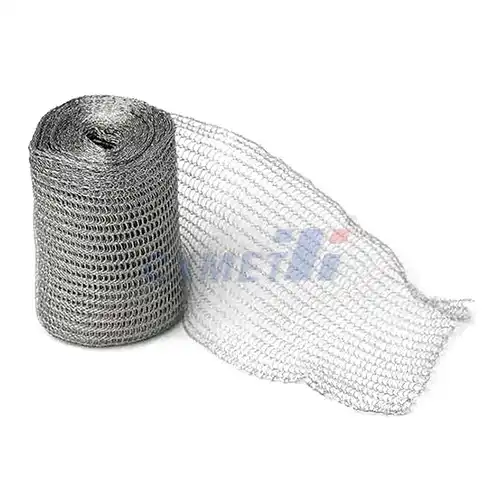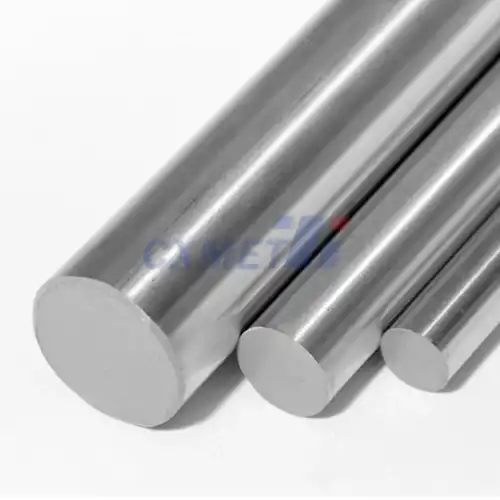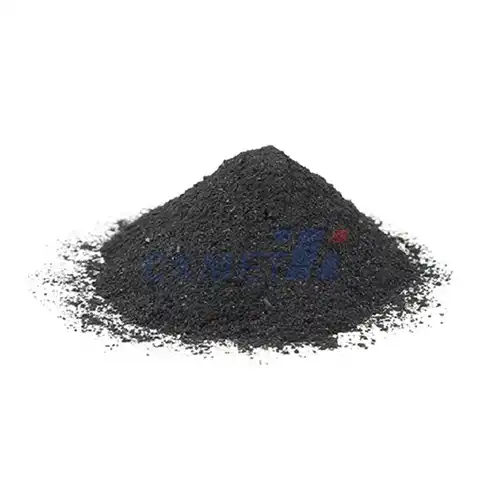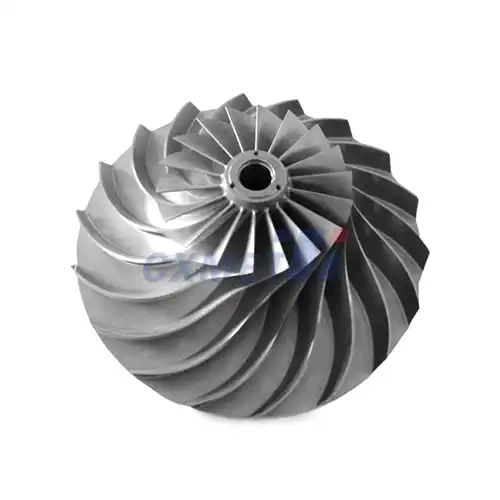- English
- French
- German
- Portuguese
- Spanish
- Russian
- Japanese
- Korean
- Arabic
- Greek
- German
- Turkish
- Italian
- Danish
- Romanian
- Indonesian
- Czech
- Afrikaans
- Swedish
- Polish
- Basque
- Catalan
- Esperanto
- Hindi
- Lao
- Albanian
- Amharic
- Armenian
- Azerbaijani
- Belarusian
- Bengali
- Bosnian
- Bulgarian
- Cebuano
- Chichewa
- Corsican
- Croatian
- Dutch
- Estonian
- Filipino
- Finnish
- Frisian
- Galician
- Georgian
- Gujarati
- Haitian
- Hausa
- Hawaiian
- Hebrew
- Hmong
- Hungarian
- Icelandic
- Igbo
- Javanese
- Kannada
- Kazakh
- Khmer
- Kurdish
- Kyrgyz
- Latin
- Latvian
- Lithuanian
- Luxembou..
- Macedonian
- Malagasy
- Malay
- Malayalam
- Maltese
- Maori
- Marathi
- Mongolian
- Burmese
- Nepali
- Norwegian
- Pashto
- Persian
- Punjabi
- Serbian
- Sesotho
- Sinhala
- Slovak
- Slovenian
- Somali
- Samoan
- Scots Gaelic
- Shona
- Sindhi
- Sundanese
- Swahili
- Tajik
- Tamil
- Telugu
- Thai
- Ukrainian
- Urdu
- Uzbek
- Vietnamese
- Welsh
- Xhosa
- Yiddish
- Yoruba
- Zulu
What is the Purity of Gr1 Pure Titanium Bar?
Grade 1 (Gr1) pure titanium bar is renowned for its exceptional purity and unique properties that make it highly sought after in various industries. The purity of Gr1 pure titanium bar is a crucial factor that determines its performance and suitability for specific applications. In this blog post, we'll explore the purity of Gr1 pure titanium bar, its characteristics, and its diverse range of uses.
What are the properties of Grade 1 Titanium?
Grade 1 titanium, also known as commercially pure titanium (CP titanium), is the purest form of titanium available for industrial use. It boasts an impressive purity level of 99.5% titanium, with minimal amounts of other elements present. This high level of purity contributes to its exceptional properties, making it an ideal choice for various applications.
The properties of Grade 1 titanium include:
1. Excellent corrosion resistance: Due to its high purity, Gr1 titanium exhibits superior resistance to corrosion in various environments, including seawater, acids, and alkalis. This makes it particularly valuable in marine and chemical processing industries.
2. Low density: With a density of approximately 4.51 g/cm³, Grade 1 titanium is significantly lighter than many other metals, such as steel or copper. This low weight-to-strength ratio makes it an attractive option for aerospace and automotive applications.
3. High ductility: Gr1 titanium is highly ductile, meaning it can be easily formed and shaped without breaking. This property allows for greater flexibility in manufacturing processes and design possibilities.
4. Good weldability: The pure composition of Grade 1 titanium makes it relatively easy to weld using various techniques, including TIG (Tungsten Inert Gas) and MIG (Metal Inert Gas) welding.
5. Biocompatibility: The high purity of Gr1 titanium makes it exceptionally biocompatible, meaning it is non-toxic and well-tolerated by the human body. This property has led to its widespread use in medical implants and devices.
6. Moderate strength: While not as strong as some higher-grade titanium alloys, Grade 1 titanium still offers good strength-to-weight ratio, making it suitable for applications where high strength is not the primary requirement.
7. Excellent heat transfer: Gr1 titanium has good thermal conductivity, making it useful in heat exchanger applications and other thermal management systems.
8. Low magnetic susceptibility: The pure composition of Grade 1 titanium results in very low magnetic susceptibility, making it ideal for applications where magnetic interference must be minimized.
These properties make Grade 1 pure titanium bar a versatile material with applications spanning across multiple industries, from aerospace and marine engineering to medical and chemical processing.
How does Gr1 Pure Titanium Bar compare to other grades of titanium?
When comparing Gr1 pure titanium bar to other grades of titanium, it's essential to understand that each grade is designed to meet specific requirements and applications. While Grade 1 titanium offers the highest purity, other grades incorporate additional elements to enhance certain properties. Let's explore how Gr1 pure titanium bar compares to some other common titanium grades:
1. Grade 2 Titanium:
Grade 2 titanium is the most widely used commercially pure titanium grade. It has slightly higher strength than Grade 1 but maintains excellent corrosion resistance. The main differences are:
- Slightly lower purity (99.2% titanium)
- Higher tensile strength (345 MPa vs. 240 MPa for Grade 1)
- Slightly reduced ductility
2. Grade 3 Titanium:
Grade 3 is another commercially pure titanium grade with slightly higher strength than Grade 2. Compared to Grade 1:
- Lower purity (99.1% titanium)
- Higher tensile strength (450 MPa)
- Reduced ductility
3. Grade 4 Titanium:
Grade 4 is the strongest of the commercially pure titanium grades. In comparison to Grade 1:
- Lower purity (99% titanium)
- Significantly higher tensile strength (550 MPa)
- Reduced ductility
4. Grade 5 Titanium (Ti-6Al-4V):
This is the most commonly used titanium alloy, known for its high strength-to-weight ratio. Compared to Grade 1:
- Much lower purity (90% titanium, 6% aluminum, 4% vanadium)
- Substantially higher tensile strength (895-930 MPa)
- Reduced ductility
- Higher cost
5. Grade 7 Titanium:
This grade is similar to Grade 2 but with the addition of palladium for enhanced corrosion resistance. Compared to Grade 1:
- Lower purity (99.4% titanium, 0.2% palladium)
- Higher tensile strength (345 MPa)
- Improved corrosion resistance in reducing acid environments
6. Grade 9 Titanium:
This is a titanium alloy with aluminum and vanadium, offering a balance between strength and ductility. In comparison to Grade 1:
- Lower purity (91.5% titanium, 3% aluminum, 2.5% vanadium)
- Higher tensile strength (620 MPa)
- Good balance of strength and ductility
While Gr1 pure titanium bar may not offer the highest strength among titanium grades, its unparalleled purity makes it the preferred choice for applications where corrosion resistance, biocompatibility, and formability are paramount. The lack of alloying elements in Grade 1 titanium also makes it more predictable in its behavior across various environments and easier to work with in certain manufacturing processes.
It's worth noting that the choice between different titanium grades depends on the specific requirements of the application. Factors such as required strength, operating environment, weight constraints, and cost considerations all play a role in selecting the most appropriate titanium grade for a given use case.
What are the main applications of Gr1 Pure Titanium Bar?
Gr1 pure titanium bar finds applications across a wide range of industries due to its unique combination of properties. Its high purity, excellent corrosion resistance, and biocompatibility make it particularly valuable in specialized applications. Let's explore some of the main uses of Grade 1 titanium:
1. Medical and Dental Implants:
The biocompatibility of Gr1 pure titanium bar makes it an ideal material for various medical implants and devices. Its use in this field includes:
- Dental implants and crowns
- Bone plates and screws
- Pacemaker casings
- Artificial joints
- Surgical instruments
The human body readily accepts Grade 1 titanium, reducing the risk of rejection or adverse reactions. Its corrosion resistance also ensures long-term stability within the body.
2. Chemical Processing Industry:
The exceptional corrosion resistance of Grade 1 titanium makes it valuable in chemical processing applications, such as:
- Heat exchangers
- Reaction vessels
- Piping systems
- Valves and pumps
Gr1 pure titanium bar can withstand exposure to various corrosive chemicals, including chlorine, nitric acid, and sulfuric acid, making it ideal for use in aggressive chemical environments.
3. Marine and Offshore Applications:
The corrosion resistance of Grade 1 titanium extends to seawater, making it suitable for various marine applications:
- Desalination plants
- Offshore oil and gas equipment
- Marine research instruments
- Boat propellers and shafts
- Underwater remotely operated vehicles (ROVs)
4. Aerospace Industry:
While higher-strength titanium alloys are more commonly used in aerospace, Gr1 pure titanium bar still finds applications in this field, particularly where corrosion resistance and low weight are crucial:
- Non-structural components in aircraft
- Hydraulic system components
- Specialized fasteners
5. Energy Sector:
Grade 1 titanium's resistance to corrosion and high temperatures makes it valuable in various energy applications:
- Heat exchangers in power plants
- Components in geothermal energy systems
- Parts for solar energy systems
6. Food Processing Industry:
The non-toxic nature and corrosion resistance of Gr1 pure titanium bar make it suitable for food processing equipment:
- Mixing and blending equipment
- Storage tanks
- Piping systems
- Valves and fittings
7. Electrochemical Applications:
Grade 1 titanium's excellent electrical conductivity and corrosion resistance make it useful in electrochemical processes:
- Anodes for cathodic protection systems
- Electrodes in chlor-alkali production
- Components in fuel cells
8. Jewelry and Decorative Items:
The hypoallergenic nature of Grade 1 titanium, combined with its attractive appearance, makes it popular for jewelry and decorative applications:
- Rings, earrings, and other body jewelry
- Watch cases
- Decorative architectural elements
9. Sports Equipment:
The lightweight nature and corrosion resistance of Gr1 pure titanium bar make it suitable for certain sporting goods:
- Bicycle frames and components
- Golf club heads
- Tennis racket frames
10. Laboratory Equipment:
The chemical inertness and ease of cleaning make Grade 1 titanium valuable in laboratory settings:
- Crucibles for high-temperature experiments
- Specialized laboratory tools and instruments
These diverse applications showcase the versatility of Gr1 pure titanium bar. Its unique combination of properties – high purity, excellent corrosion resistance, biocompatibility, and good formability – make it an invaluable material across multiple industries. While it may not offer the highest strength among titanium grades, its unparalleled purity and specific characteristics make it the material of choice for applications where these properties are crucial.
At SHAANXI CXMET TECHNOLOGY CO., LTD, we take pride in our extensive product range, which caters to diverse customer needs. Our company is equipped with outstanding production and processing capabilities, ensuring the high quality and precision of our products. We are committed to innovation and continuously strive to develop new products, keeping us at the forefront of our industry. With leading technological development capabilities, we are able to adapt and evolve in a rapidly changing market. Furthermore, we offer customized solutions to meet the specific requirements of our clients. If you are interested in our products or wish to learn more about the intricate details of our offerings, please do not hesitate to contact us at sales@cxmet.com. Our team is always ready to assist you.
References:
1. ASTM International. (2021). ASTM B348 - Standard Specification for Titanium and Titanium Alloy Bars and Billets.
2. Lutjering, G., & Williams, J. C. (2007). Titanium (2nd ed.). Springer-Verlag Berlin Heidelberg.
3. Leyens, C., & Peters, M. (Eds.). (2003). Titanium and Titanium Alloys: Fundamentals and Applications. Wiley-VCH.
4. Boyer, R., Welsch, G., & Collings, E. W. (Eds.). (1994). Materials Properties Handbook: Titanium Alloys. ASM International.
5. Donachie, M. J. (2000). Titanium: A Technical Guide (2nd ed.). ASM International.
6. Peters, M., Hemptenmacher, J., Kumpfert, J., & Leyens, C. (2003). Structure and Properties of Titanium and Titanium Alloys. In Titanium and Titanium Alloys (pp. 1-36). Wiley-VCH.
7. Rack, H. J., & Qazi, J. I. (2006). Titanium alloys for biomedical applications. Materials Science and Engineering: C, 26(8), 1269-1277.
8. Schutz, R. W., & Watkins, H. B. (1998). Recent developments in titanium alloy application in the energy industry. Materials Science and Engineering: A, 243(1-2), 305-315.
9. Yamada, M. (1996). An overview on the development of titanium alloys for non-aerospace application in Japan. Materials Science and Engineering: A, 213(1-2), 8-15.
10. Elias, C. N., Lima, J. H. C., Valiev, R., & Meyers, M. A. (2008). Biomedical applications of titanium and its alloys. JOM, 60(3), 46-49.
